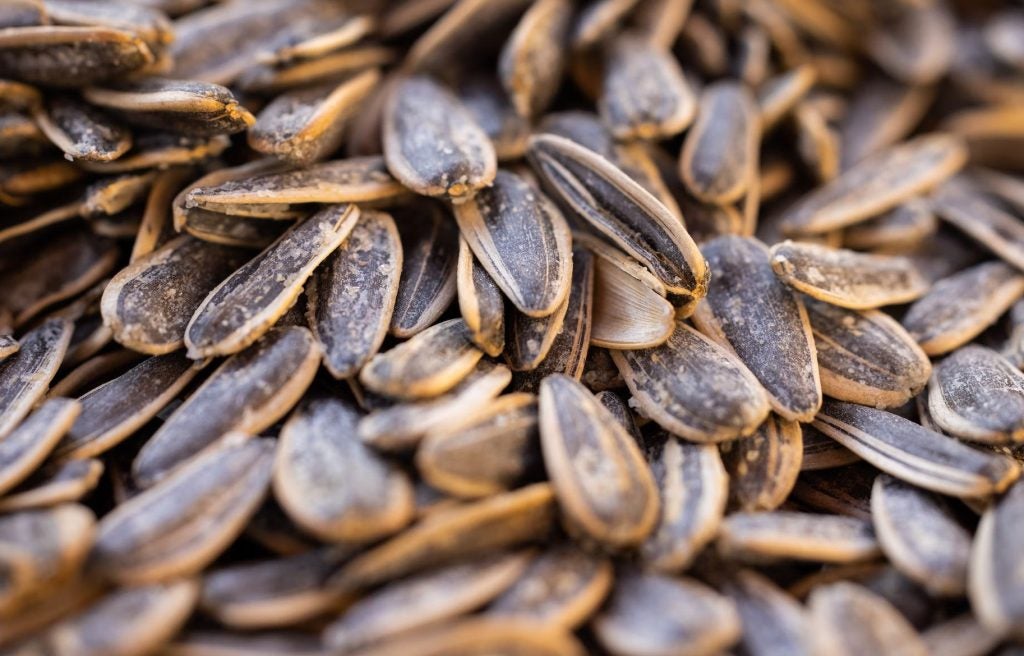Astral Foods has added bird flu to the challenges faced by the South African poultry processor as it issued another profit warning.
The publicly-listed business had already warned of the financial impact from South Africa’s power outages, water shortages and high feed costs when it presented a first-half trading statement in May. Those issues are still weighing on the company’s performance as it outlined in January.
Now, the County Fair and Mountain Valley chicken brand owner has flagged a potential 165% slump in base-line profits for the year ending 30 September.
In a trading update filed with the Johannesburg Stock Exchange today (21 September) Astral Foods said the “South African poultry industry is currently being ravaged by an outbreak of Highly Pathogenic Avian Influenza (HPAI), with additional costs being incurred by Astral as well as other producers to cull broiler breeding stock in line with regulated disease control measures”.
Additional costs are also being incurred to dispose of affected birds and the implementation of “biosecurity measures” to limit the spread of the disease.
Astral Foods explained: “The poultry industry, in both the table egg and broiler sectors, has seen significant losses as a new strain of bird flu (H7N6) has spread across both Gauteng and Mpumalanga at an alarming rate.
“The bird flu has already caused short supplies of table eggs into the market, and it is expected that the supply of poultry meat into the value chain could be affected negatively in the coming months.”
With the new burden of bird flu, the company warned today that both earnings per share and headline earnings per share (HEPS) could be down as much as 165% in the approaching fiscal year-end, with an update due to be issued late in October once Astral Foods has “reasonable certainty” of the end results.
EPS may come in at a loss of 1,808 South African cents, a decline of 4,588 cents from the previous 12 months, it said. HEPS could be down 4,565 cents to deliver a loss of 1,802.
Load-shedding, or blackouts in the energy supply, have affected multiple South African food businesses this year, including Tiger Brands and Libstar.
Astral Foods said operating costs are increasing due to payments for diesel to power standby generators, an amount it put at R45m ($2.4m) a month. The cost of load shedding and diesel payments will amount to around R1.9bn for the fiscal year. “This has been the main reason for the severe decline of Astral’s results,” the company added.
Load-shedding also caused a backlog in the slaughtering of chickens, which was cleared by the end of June, but Astral Foods has also had to pay for additional shifts at its processing plants to catch up. Feed costs have gone up, too.
As a result of the chicken shortages, promotional activity at retailers and wholesalers was cut back.
The company explained: “Astral had to unfortunately pack ‘the big-bird format’ on the back of load shedding, into a very limited product range which had to be discounted. This, together with a normal slowdown in chicken consumption patterns over the winter season, has seen poultry selling prices under severe pressure.
“The selling prices for chicken have not recovered input costs, including the significant load shedding and other inflationary costs, creating a situation where negative margins on poultry sales have been realised. Astral has been forced to subsidise the above costs for a prolonged period.”















